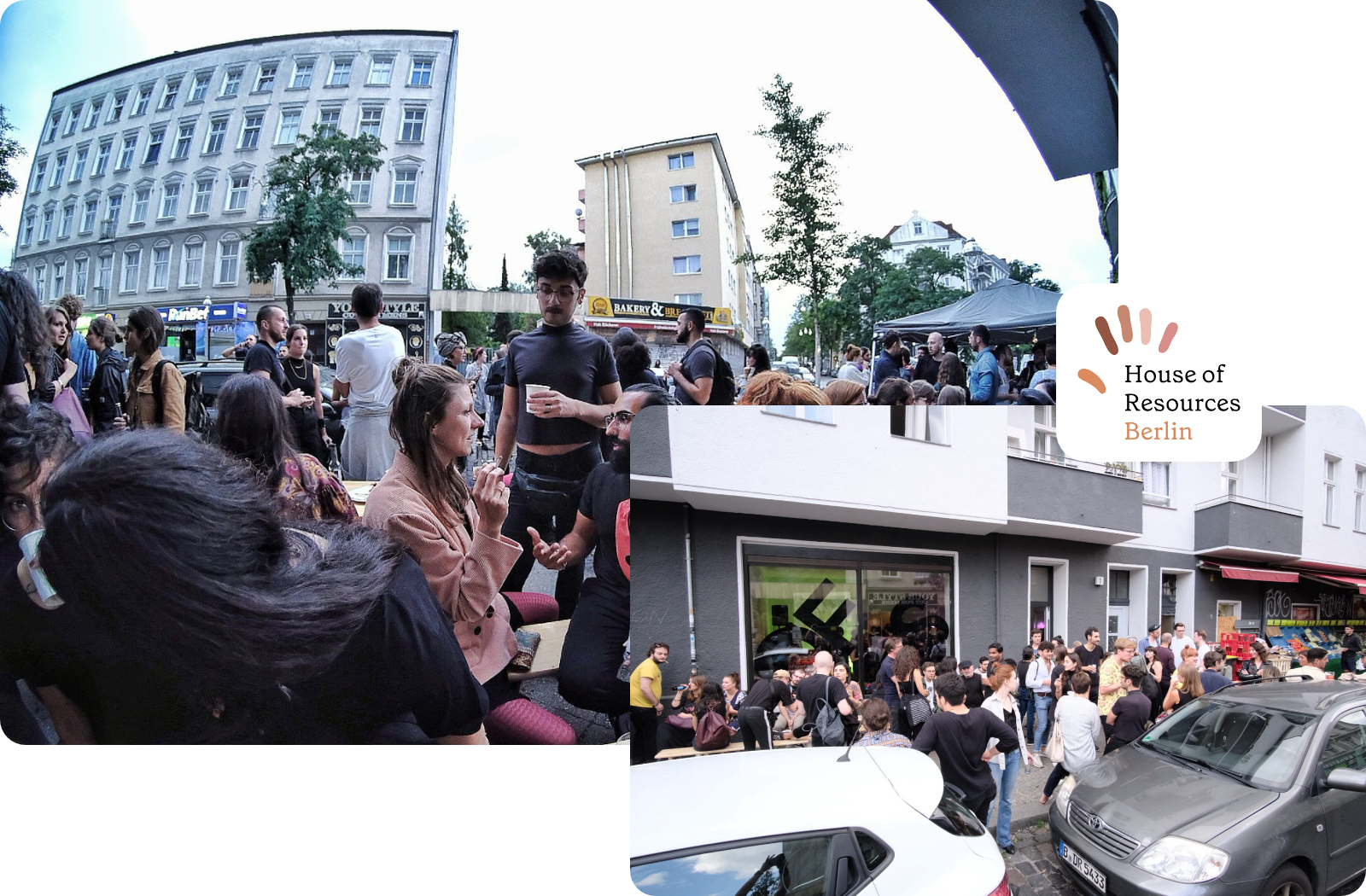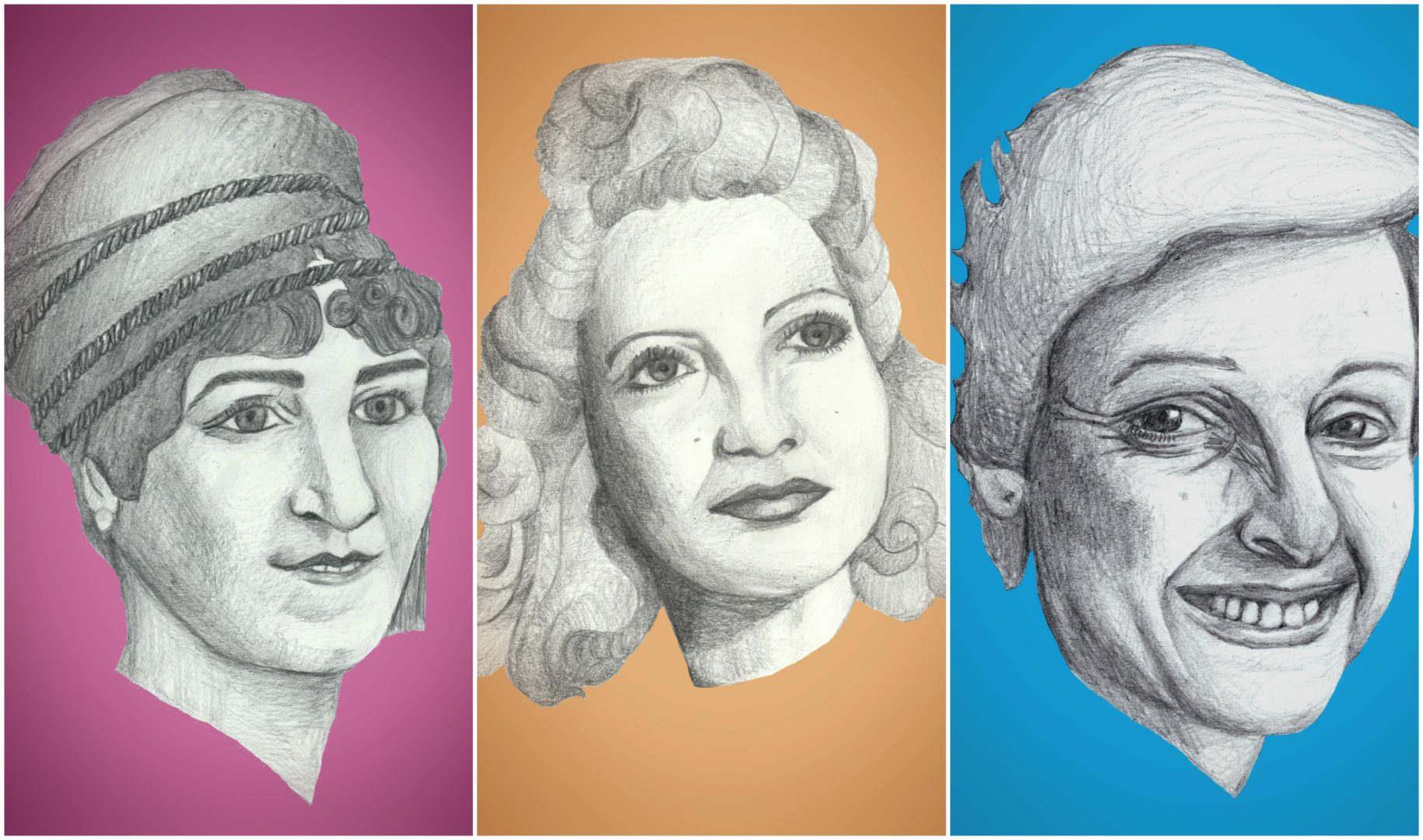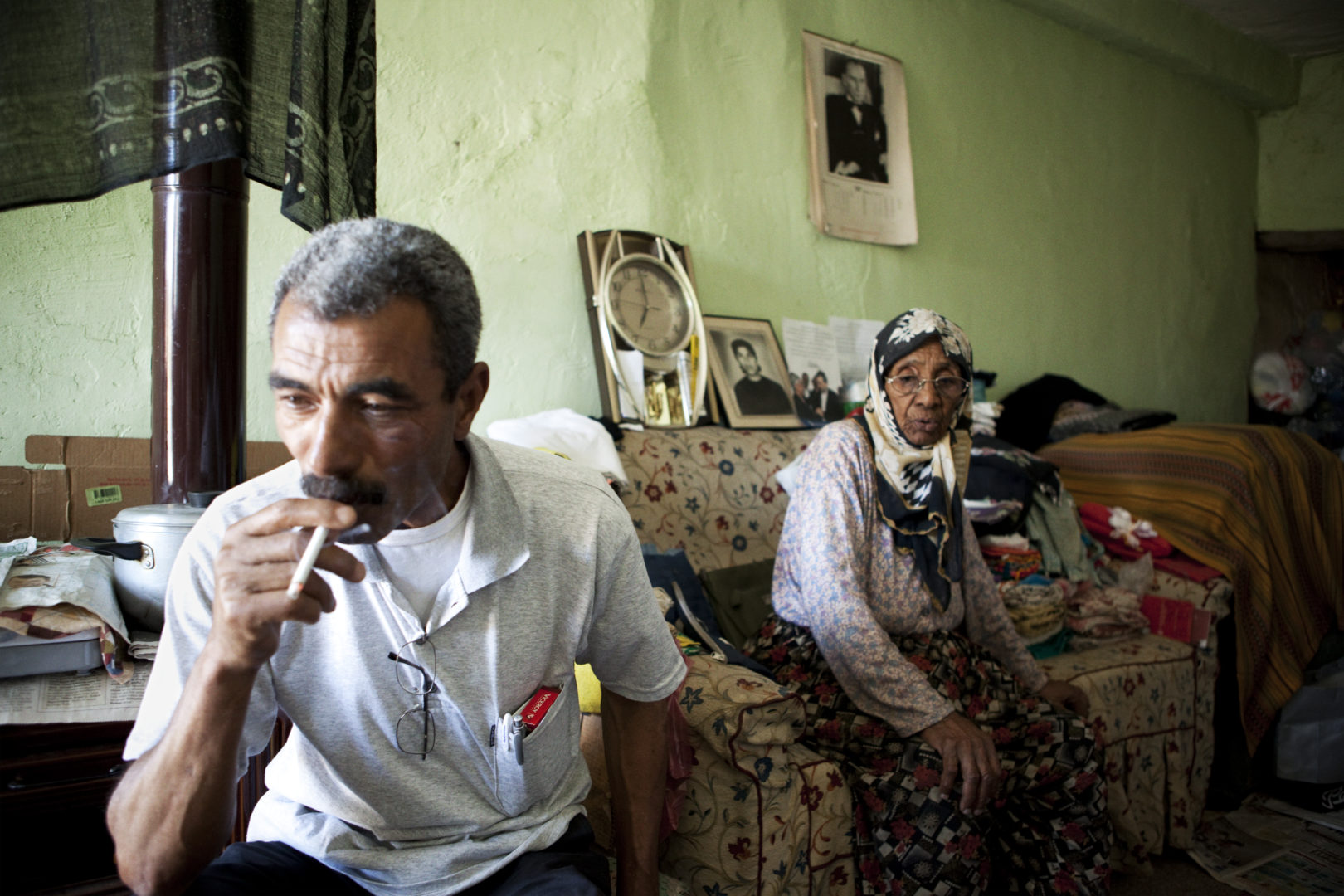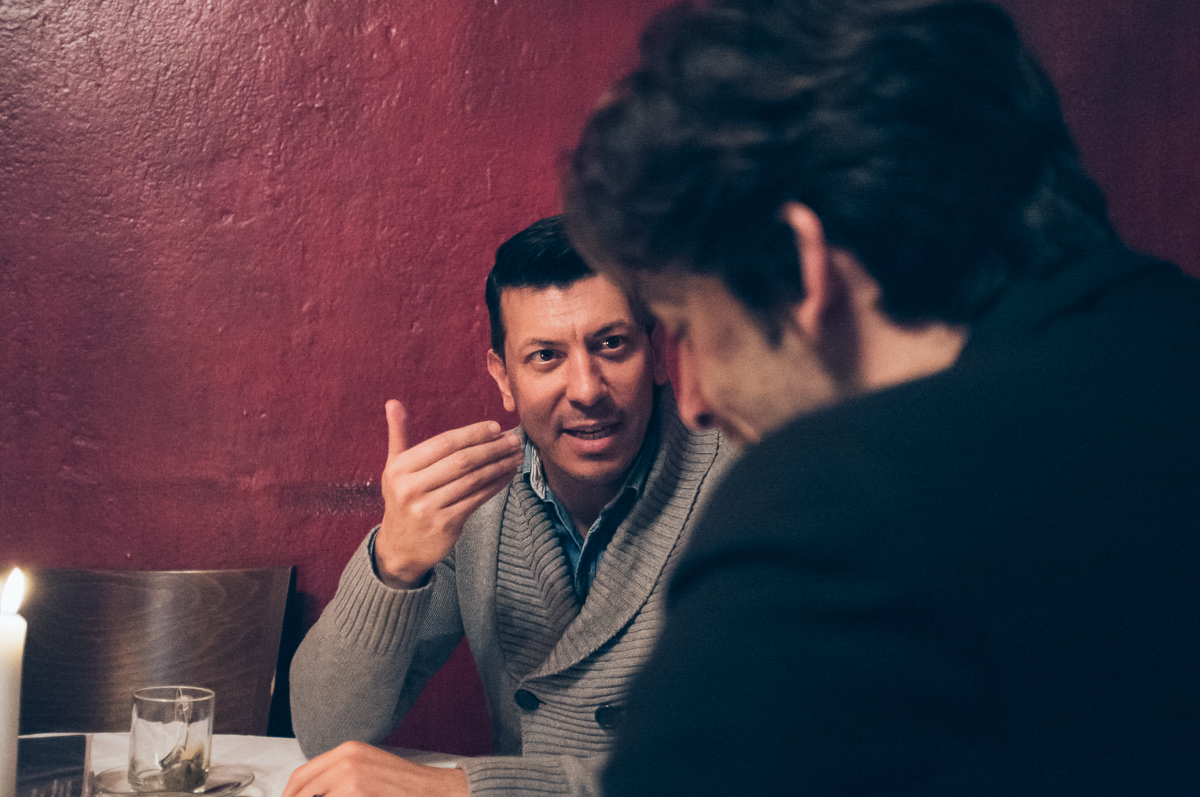So there are no great women in our history books because no great women ever existed? It’s not a surprise that some people believe the cliché. Up until the present day, patriarchal structures have prevented women’s successes from becoming known or even celebrated. Circulating positive role models and telling their stories are important measures in order to rescue them from oblivion, and to show that they have always been important actresses in history. Here are three Turkish heroines everyone should know about.
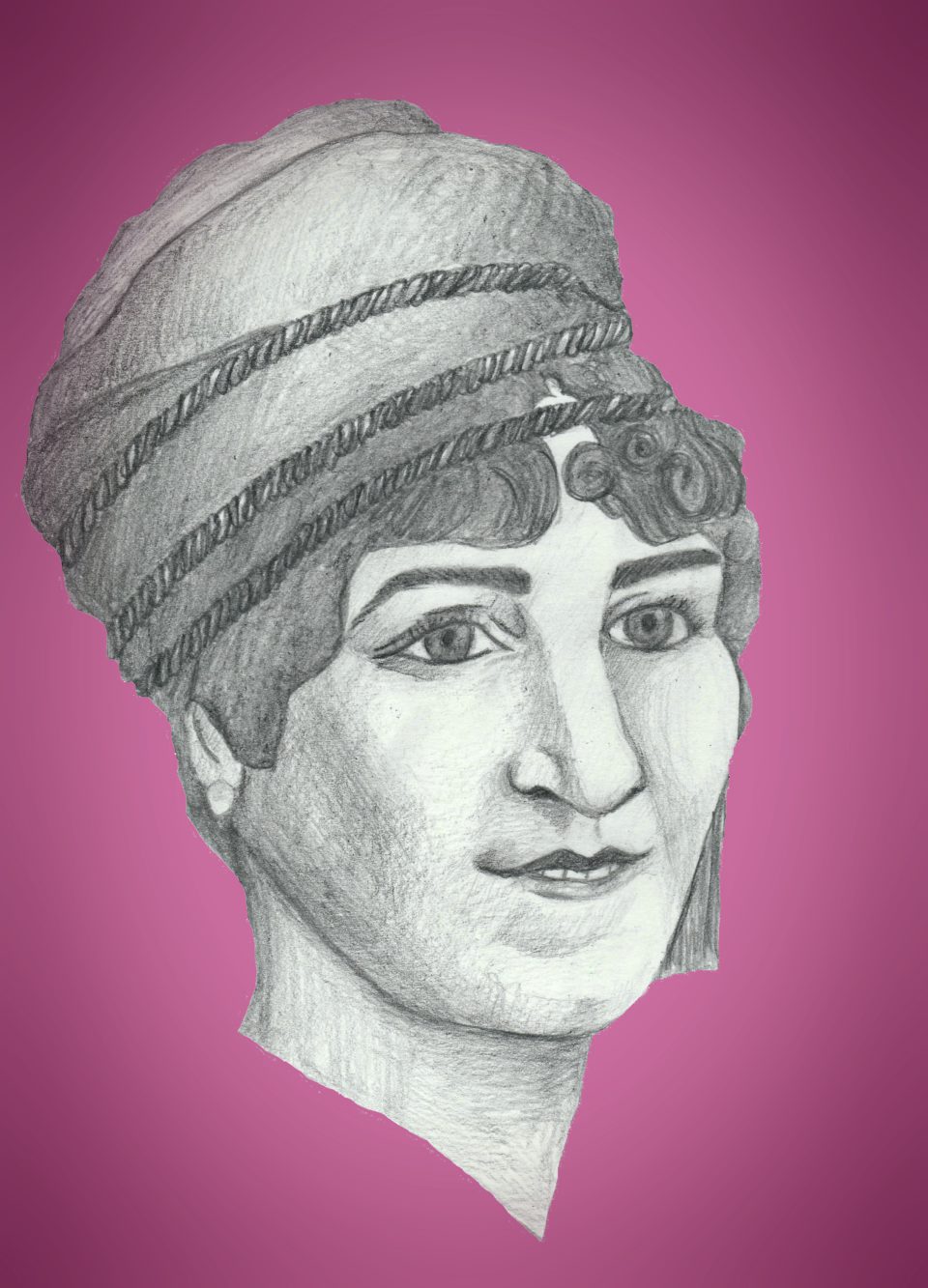
Nuriye Ulviye Mevlan Civelek (1893 – 1964) – Feminist Pioneer in the Ottoman Empire
Nuriye Ulviye Civelek starting fighting for women’s rights at a young age. In 1913 at the age of 20, she and her friends founded the Ottoman Müdafaa-i Hukuk-i Nisvan Cemiyeti, or Ottoman Association for the Defense of Women’s Rights. Under the umbrella of this organisation, she began publishing the feminist journal Kadınlar Dünyası, or Women’s World.
“Feminism does not only want to improve women’s lives, but men’s as well. It wants to see to it that both genders can live together both better and happier. Nuriye Ulviye Mevlan Civelek
With the magazine, the publishers pursued the goal of making it possible to make political demands, spread feminism as well as foster a solidarity amongst women that overstepped social, cultural and ethnic boundaries within the Ottoman Empire. For eight years, (1913-1921), over 200 issues with a circulation of over 3000 were published. Promoting the enlightenment and mobilisation of Ottoman women, Civelek’s magazine was the only magazine in the Ottoman media landscape with an explicit feminist message.
It was also where the first photograph of a Muslim woman was published. With regards to women’s education and occupation, the journalist experienced great successes with the magazine. Through her lobbying, more women’s schools were opened, and in 1914 the first women’s university, Inâs Darülfünunu, followed. Starting in 1917, it was even able to offer medical studies and lessons without a veil. Through campaigns in 1913, Kadınlar Dünyası also succeeded in getting jobs for seven Muslim women at the Istanbul Telephone Bureau. In doing so, women achieved the right to work in public offices.
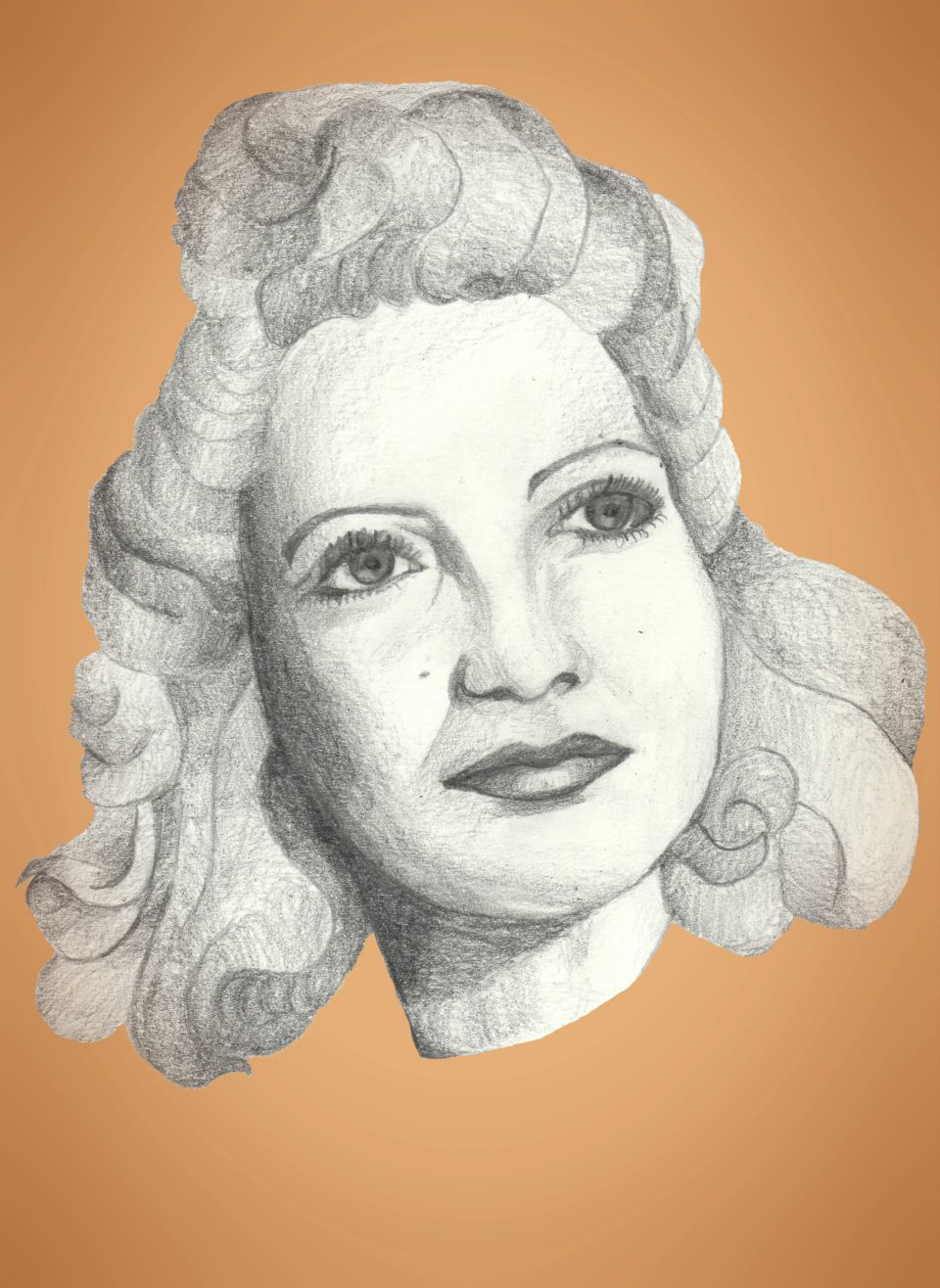
Cahide Sonku (1916 – 1981) – The Turkish Marilyn Monroe
Born into a military family, Cahide Sonku began acting in Dârülbedâyi, the Ottoman conservatory and later theatre, at age 16. She quickly impressed Muhsin Ertuğrul, who is considered the founder of Turkish cinema and had co-founded the conservatory, with her talent and beauty. In 1933, she had her first film role in his work, Söz bir Allah bir (Word is one thing, Allah is another). In the film, she fights as a woman with an unwanted pregnancy for alimony payments in court.
She had her breakthrough with a main role in Aysel Bataklı Damın Kızı (Aysel, the Girl from the Cesspool), which is considered the first major film that focused on village life in Turkey. In 1948, Sonku won the prize for Best Character Actress at the first Turkish Film Festival.
“I would like to be applauded after my death, too!” Cahide Sonku
In 1949, when the director of the film she was acting in, Fedakar Ana (Devoted Mother), fell ill on set, it was Cahide Sonku who took over direction. From then on, she worked as one of the first female film directors. She did not wait long to get to work on her own projects, either. In 1950, she founded Sonku Film, her own production company, with which she produced the 1953 film Beklenen Şarkı (The Expected Song), which smashed all of the Turkish cinema records. Despite financial difficulties after her production company burned down, and due to her alcohol problems, Cahide Sonku played a part in over 35 films until 1977, and is today considered an icon of early Turkish cinema.
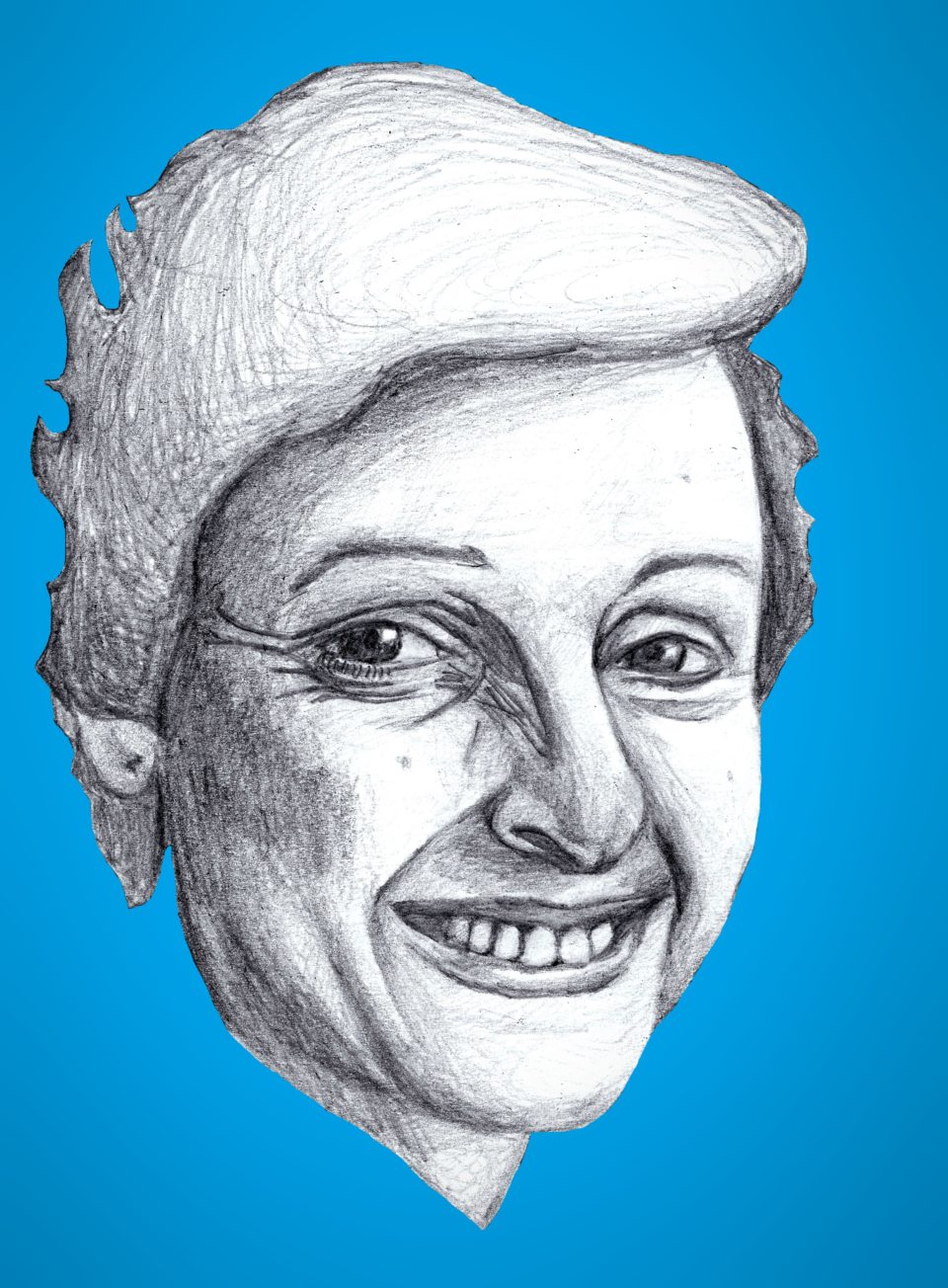
Sevgi Soysal (1936 – 1976) – Important Witness of Political and Social Upheavals
The daughter of a Turkish father and a German mother, Sevgi Soysal studied Archaeology and Theatre at Ankara and Göttingen Universities. Alongside her work at Ankara Radio and the Goethe Institute in Ankara, in the early 60s she published texts in many magazines on new realism, in which she discussed her observations and worries concerning society. She later worked at TRT, the Turkish State Radio and Television, as a programme specialist.
In the 1960s and 70s, Soysal published a series of novels, in which she both captured social changes as well as dissected gender norms and taboos, all in a soft, even shy fashion. Her first novel, Tutkulu Perçem (Passionate Curl) was published in 1963. Aunt Rosa, which was translated into German and follows the journey of a Bavarian Catholic searching for emancipation, followed in 1968. Shortly thereafter in 1970, a relationship novel, Yürümek (To Go) appeared.
“None of us is better than the other. We are all on the same path, just a step ahead of the others, on the same path, with the same habits, just a step ahead of the others. To be a little less measured, a little less aimless, that’s all it is.” Sevgi Soysal in Yürümek
Yet the military coup of 1971 left deep scars in both the author’s personal life as well as her career. After a short stint in prison, Soysal was sacked by TRT, her novel Yürümek was banned under the accusation of obscenity, and she was once more imprisoned due to communist propaganda. In prison, she wrote the novel Yenişehir’de Bir Öğle Vakti (A Midday in Yenişehir), which won the 1974 Orhan Kemal novel prize.
Shortly afterwards, she was diagnosed with cancer; this diagnosis also inspired her to write: In 1976, Barış Adlı Çocuk (A Child Named Freedom) was published. In 1976, before she could finish her final novel, Hoşgeldin Ölüm (Welcome, Death), she passed away at the age of 40. Soysal’s writings convey the poetry daily life with a soft objectivity.
She documented the social upheavals of Turkey during the 1960s and 70s and sketches images of people one recognises over and over again. Today, her works are still relevant, as she shows how the lives of different people can be woven together.
“It’s enough just to open new doors; the wrong doors, the right doors. To open them, just open them.” Sevgi Soysal in Yürümek
It is without a doubt that Civelek, Sonku and Soysal are heroines of Turkish history. Not only in their fight for women to be recognised in society, but they also made important steps in developing art and literature. They are not, however, the only ones. In the next edition, I’ll tell you about three more heroines.
Text und Illustration: Binnur Cavuslu
